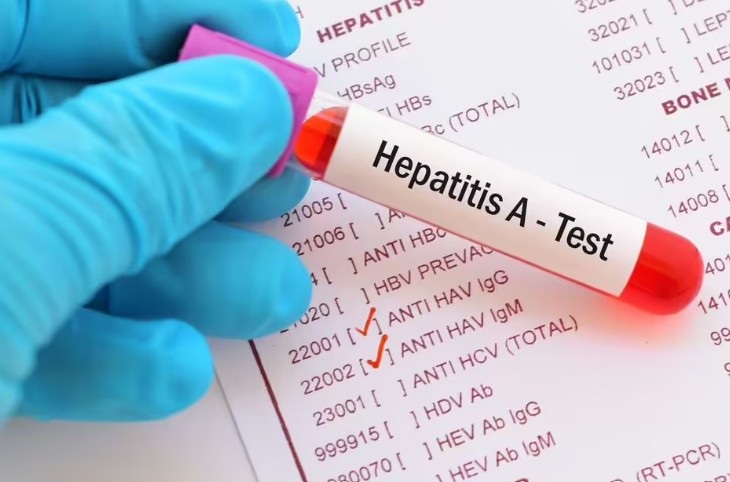In a monumental stride forward in medical science, the U.S. Food and Drug Administration (FDA) has granted approval for the first gene-editing treatment for sickle cell disease. Developed by Vertex Pharmaceuticals and CRISPR Therapeutics, the innovative therapy named Casgevy utilizes CRISPR technology to edit human DNA, representing a significant leap in the quest for effective treatments for genetic disorders. However, as the medical community celebrates this groundbreaking achievement, challenges such as accessibility and cost loom large, raising important questions about the widespread implementation of this complex therapy.
Casgevy, a result of the collaboration between Vertex Pharmaceuticals and CRISPR Therapeutics, employs Nobel Prize-winning CRISPR technology to edit a patient’s genes and treat sickle cell disease. The U.K. regulators had already given their approval last month, marking a pivotal moment in the global adoption of this cutting-edge treatment. Sickle cell disease, an inherited blood disorder affecting approximately 100,000 Americans, leads to misshapen red blood cells causing painful obstructions in blood vessels. Casgevy, through CRISPR editing, activates fetal hemoglobin, restoring the healthy shape of red blood cells and eliminating pain crises in most patients during clinical trials.
The FDA’s approval of Casgevy is a momentous occasion for the field of gene therapy. Dr. Nicole Verdun, director of the Office of Therapeutic Products at the FDA’s Center for Biologics Evaluation and Research, expressed excitement about advancing treatment options, particularly for individuals severely affected by sickle cell disease. Gene therapy, Verdun noted, holds the promise of providing more targeted and effective treatments, especially for those with rare diseases where current options are limited.
While Casgevy itself is administered only once, the entire process spans several months. Blood stem cells are extracted, genetically modified in Vertex’s lab, and then reintroduced into the patient’s body after a brief period of chemotherapy. The prolonged nature of the treatment, potential infertility risks, and the estimated cost of around $2 million per patient raise concerns about its practicality and accessibility. Furthermore, due to its complexity, the procedure will be limited to specialized health facilities, such as academic medical centers.
Vertex Pharmaceuticals is set to spearhead the drug’s launch, with plans to target an estimated 32,000 individuals in the U.S. and Europe with severe sickle cell cases. However, analysts express reservations about the widespread adoption of the treatment, given the lengthy duration, potential side effects, and substantial costs associated with the therapy. Wall Street analysts project Vertex to generate $1.2 billion in sales from Casgevy by 2028, according to FactSet.
The approval of Casgevy marks a significant milestone in the journey towards effective gene-editing treatments for genetic disorders like sickle cell disease. While the therapy shows remarkable promise in clinical trials, challenges surrounding accessibility, cost, and the complexity of the procedure underscore the need for ongoing research and development in the field of gene therapy. As the medical community celebrates this achievement, the path forward involves addressing these challenges to ensure that groundbreaking treatments become widely accessible to those who need them most.
(Source: CNBC | Forbes)









